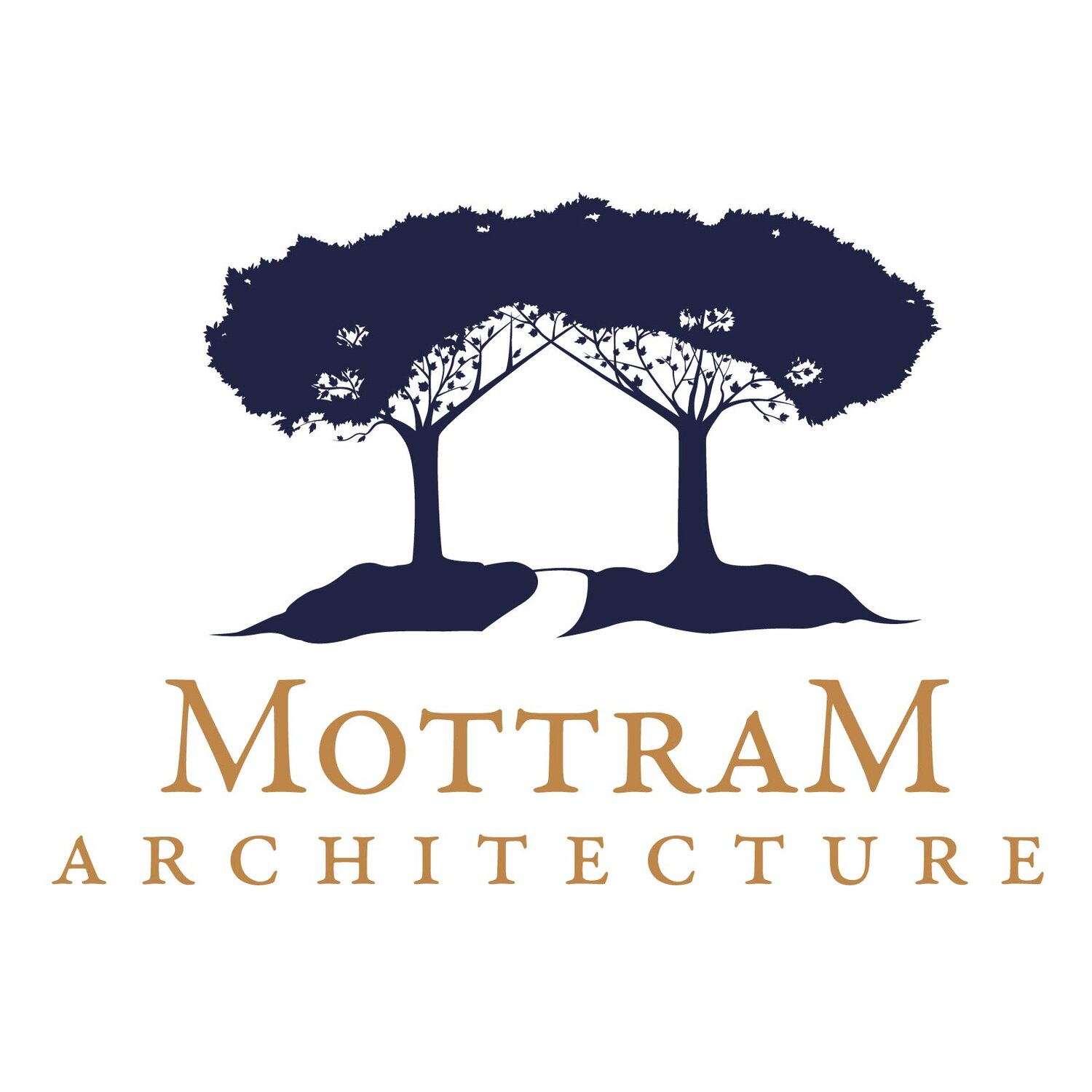For Homeowners
What does it mean when you say High Performance?
Our design philosophy follows the principles of The Pretty Good House. For you that may mean a Passive House or Living Building Challenge Home, while for others, it may mean improving the home until it no longer makes financial sense to do more. For us it’s climate specific, carbon focused, and derived from providing healthy homes. You can read about the Pretty Good House guidelines HERE. Or, for a more in-depth dive, you can buy the book HERE.
Is Radon a Big Deal?
Maine is a radon state, we plan for it in all of our projects. Read more about radon HERE in this Fine Homebuilding Article.
Why should you work with an Architect?
Rarely do people realize how complicated and time consuming a building project can be until it’s too late and nothing has gone right. By hiring an Architect, you will benefit from the expertise of someone trained to get the most out of your space and your budget. Hiring an Architect is not without cost, but they are paid to make your vision a reality, often times saving you money, and creating spaces that are even more inspiring than you could imagine. Click HERE to read more about why we think you should hire an architect. Or, if you prefer podcasts, click HERE to listen to Emily, Mike, Bob and Jay talk about hiring an architect and incrementally building a better home until those changes no longer make financial sense.
Pretty Good Landscaping?
PV (Photovoltaics) + Energy Storage and Back-up Power
Energy Storage and Backup Power
Residential Water Heating
Pretty Good Lighting
ERV’s and HRV’s - Ventilation for Tight Homes
Why Kitchen Ventilation Is Important
Air Source Heat Pumps: Mini - Split
Certifications and Resources
Pretty Good House – more detail on what a High Performance House is and how to achieve it.
Energy Star Homes – A basic, better-than-code certification program
Passive House - The gold standard for energy use. Many local builders are trained in construction techniques to achieve this standard.
Living Building Challenge – Above and beyond the gold standard for energy use and a lot more. Part of the International Living Future Institute
Architecture 2030 - Buildings are among the worlds largest source of carbon emissions, their goal is to provide thought leadership and actionable items to reduce carbon emissions in the building industry.
Hers Rating – A good metric to predict, modify and prove you have met your energy goals. It’s a great commissioning tool.
Residential Energy codes – Here is a link to Maine’s most common energy code, but remember that a house built to code is the worst house you can legally build! As codes continue to improve, that’s not too bad. Link to Maine’s current code. Link to most efficient code available.
WELL Building Standard - A holistic approach to health in the built environment addressing behavior, operations and design.
LEED for residential - Another better than code certification program
How long does it take to design & build a house
We like to spend a good six months on design. In today’s current economy, that can take even longer as we wait for pricing after design development. To build your home will take anywhere from 7 to 12 months from the day they start excavation until you move in. Depending on the size of your home, that could vary.
Why don’t you put your projects out to bid
We prefer a collaborative process between the owner (financing the dream), the designer (detailing the dream) and the builder (bringing the dream to life). Rarely, if ever, have we bid a project that came in on budget with everyone on the team happy with the outcome. You either spend too much in design, too much in construction, or you over or under build. When there is a high level of respect between all members of the team it’s possible to design to a budget, draw what will be built, and share in the successes during construction. This is a huge process, select the right team and you’ll be much happier with the end result.
When should you select a builder
It’s never too early to select a builder to execute your dream. In fact, right now we have our clients interview builders immediately after they purchase land and before we start the building process. Currently most of the builders we work with regularly have a 1-2 year wait list. So it’s never too early to get on someone’s schedule.
Low - chemical or chemically sensitive
Surprisingly, there is not an oversight committee that is governing the toxins in our building materials. But this is something we think is critically important. As we work towards understanding more of what is in our building products, we have helped several homeowners to design and live in low chemical homes.

